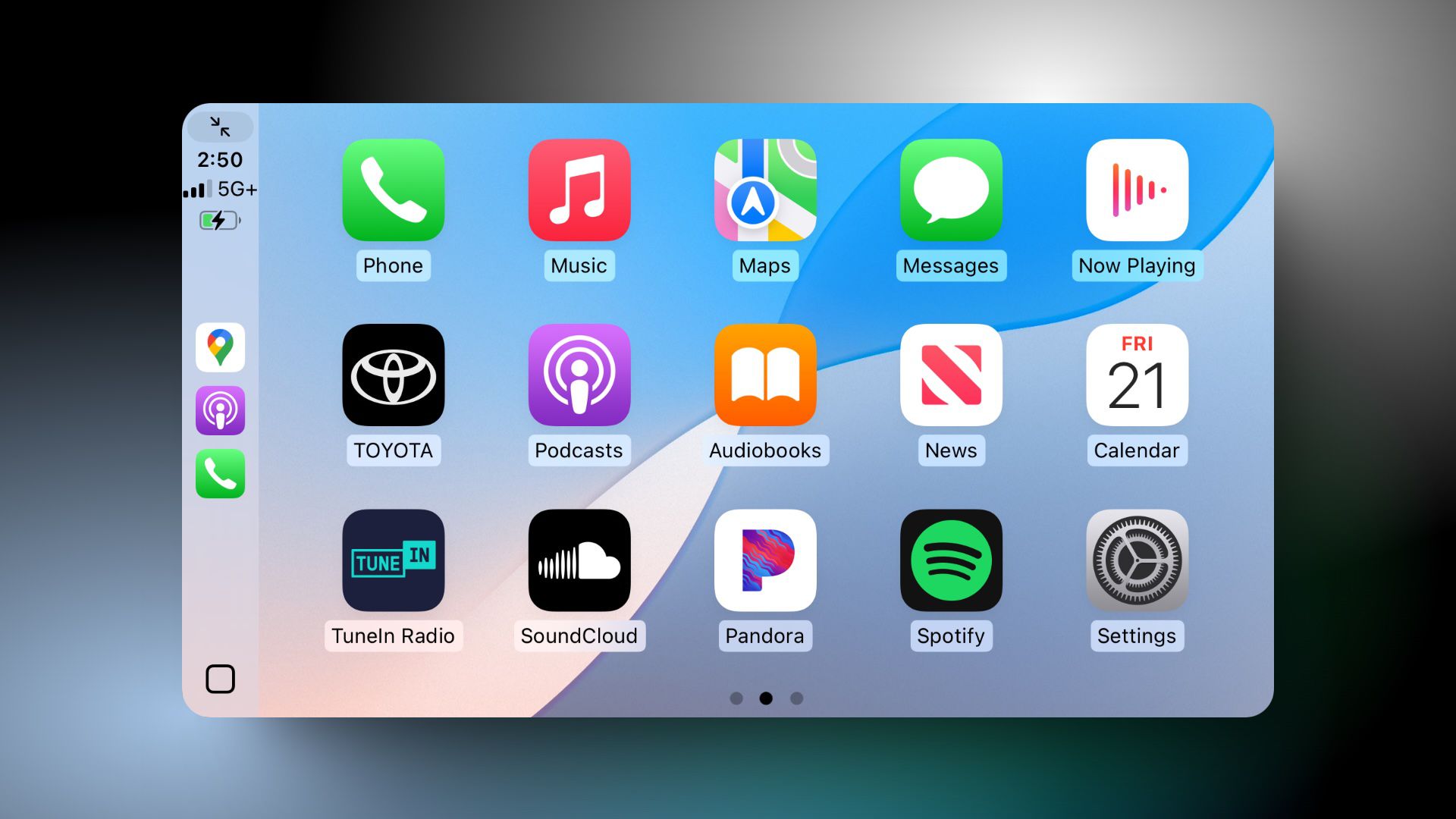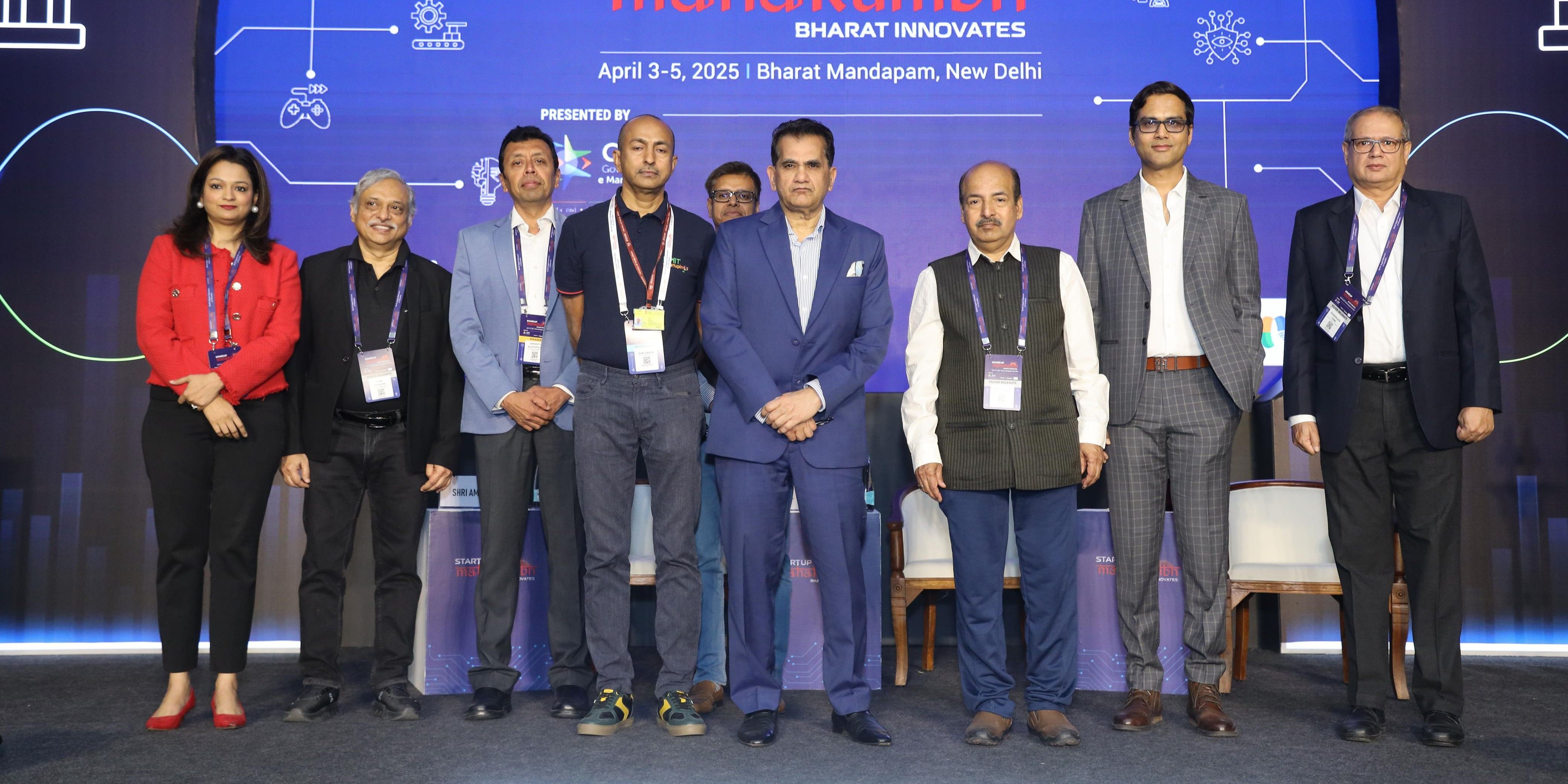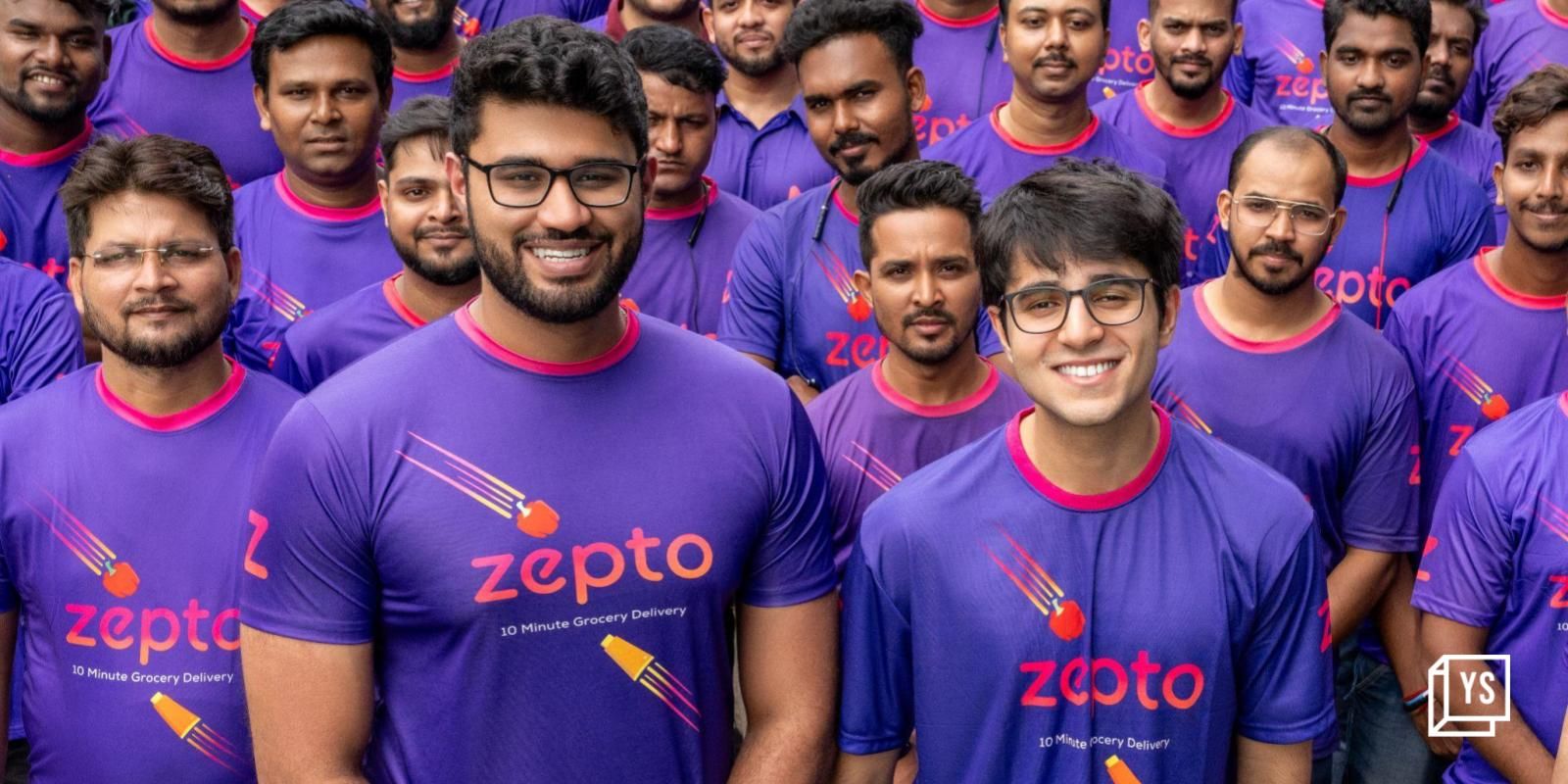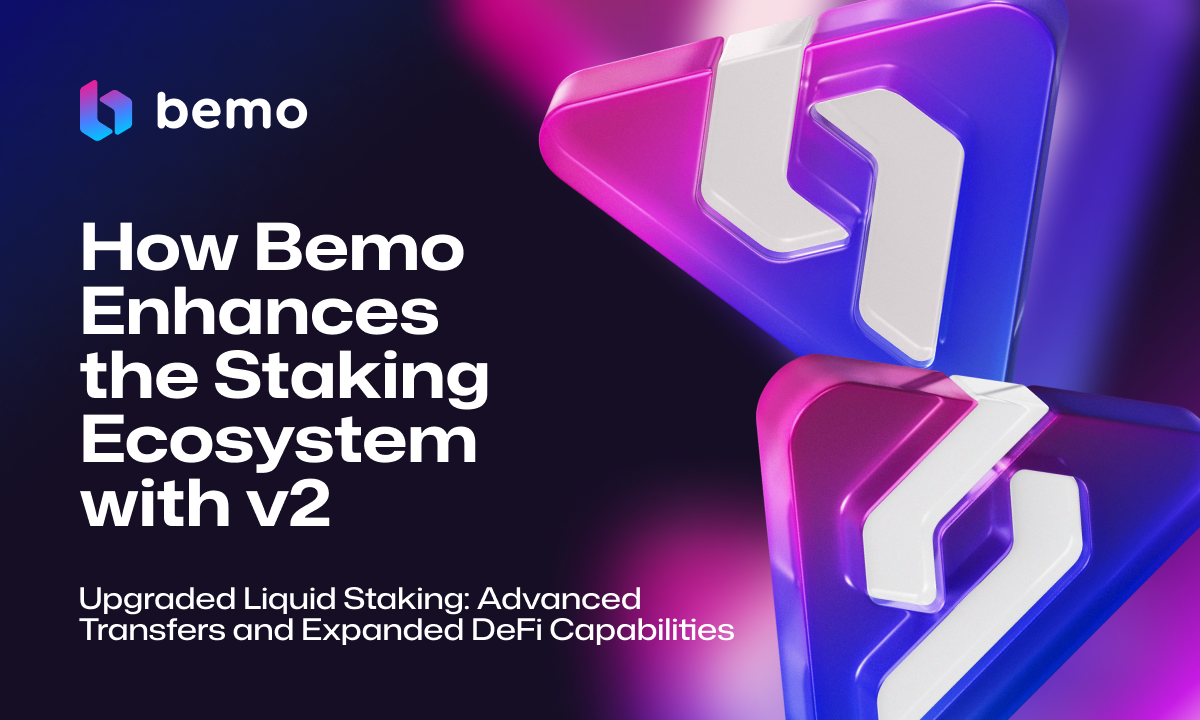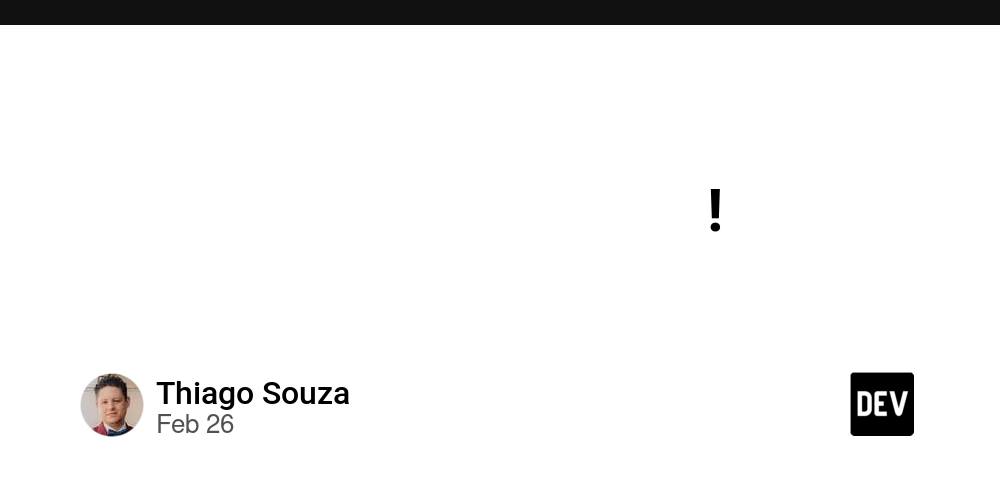Balancing Work and Learning: How to Keep Up With New Tech Without Overloading Yourself
The tech industry evolves at a breakneck speed, with new frameworks, languages, and best practices emerging constantly. As a developer, staying relevant requires continuous learning, but balancing this with work responsibilities (and a personal life) can feel overwhelming. So, how do you stay updated without burning out? Let's explore some practical strategies to manage both effectively. 1. Prioritize What to Learn With an endless sea of new technologies, the key is to prioritize what is most relevant to your career and interests. Assess Your Career Goals Are you aiming for a promotion, a job switch, or deeper expertise in your current role? Choose technologies that align with your goals rather than chasing every new trend. Follow the 80/20 Rule Focus on the 20% of technologies that will give you 80% of the impact. If you’re a React developer, learning about performance optimization and server-side rendering might be more useful than dabbling in an entirely new framework. 2. Integrate Learning Into Your Work Rather than separating learning and work, blend them together for efficiency. Work on Real Projects If your job allows, introduce new technologies into your current projects incrementally. Example: If you want to learn TypeScript, start integrating it into small components in an existing JavaScript codebase. Contribute to Open Source Find an open-source project using the technology you want to learn and start contributing. This provides hands-on experience while collaborating with the community. 3. Use Smart Learning Techniques Make the most of the limited time you have. Learn in Small, Consistent Chunks Instead of trying to grasp an entire framework in a weekend, dedicate 30-60 minutes daily. Use techniques like spaced repetition and active recall for better retention. Leverage Online Resources Wisely Follow high-quality newsletters, YouTube channels, and blogs. Use platforms like Frontend Masters, Pluralsight, or Udemy for structured learning. Podcasts are great for passive learning during commutes or workouts. 4. Avoid Burnout With a Structured Approach Overloading yourself with too much learning can lead to burnout. Keep it balanced. Set Realistic Learning Goals Break down learning objectives into achievable steps. Example: "Learn the basics of Go in 4 weeks" rather than "Master Go as quickly as possible." Schedule Learning Sessions Treat learning like an important meeting on your calendar. Even 3 focused sessions per week can lead to steady progress. Take Breaks & Unplug The brain needs time to process new information. Take breaks between learning sessions, and don’t feel guilty about taking days off from learning. 5. Engage With the Developer Community Surrounding yourself with other learners and experienced developers can accelerate learning. Join Developer Groups & Meetups Engage with local or online communities (Discord servers, Reddit, LinkedIn groups, etc.). Teach What You Learn Write blogs, create tutorials, or explain concepts to a colleague. Teaching reinforces learning and helps build credibility in the community. 6. Use AI & Tools to Accelerate Learning AI and automation can help reduce the time spent searching for solutions. Use AI Assistants Tools like ChatGPT, GitHub Copilot, and Tabnine can help you learn faster by suggesting code snippets and explanations. Automate Repetitive Tasks Free up time by automating repetitive coding or deployment processes. Example: Use CI/CD pipelines instead of manually deploying projects every time. 7. Find the Right Balance At the end of the day, the goal is consistent progress, not perfection. Recognize When to Slow Down If learning feels like a chore, take a step back and reassess your approach. It’s okay to pause and resume learning when you’re ready. Celebrate Small Wins Completed a course? Solved a bug using a new concept? Celebrate those moments! Small wins keep motivation high and reinforce long-term learning habits. Conclusion Balancing work and continuous learning as a developer is challenging, but with the right approach, it’s absolutely manageable. Prioritize relevant skills, integrate learning into your work, pace yourself, and leverage the community. Most importantly, enjoy the process—because learning should feel exciting, not exhausting!
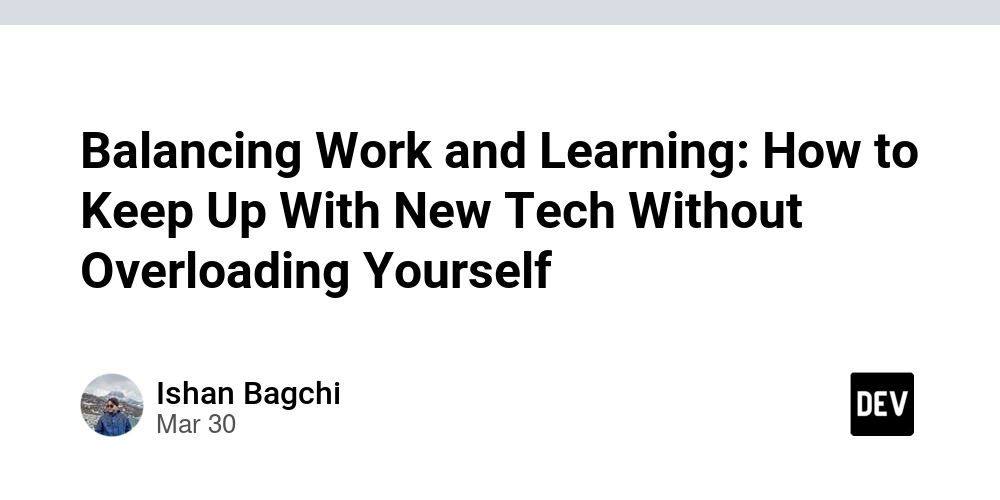
The tech industry evolves at a breakneck speed, with new frameworks, languages, and best practices emerging constantly. As a developer, staying relevant requires continuous learning, but balancing this with work responsibilities (and a personal life) can feel overwhelming. So, how do you stay updated without burning out? Let's explore some practical strategies to manage both effectively.
1. Prioritize What to Learn
With an endless sea of new technologies, the key is to prioritize what is most relevant to your career and interests.
Assess Your Career Goals
- Are you aiming for a promotion, a job switch, or deeper expertise in your current role?
- Choose technologies that align with your goals rather than chasing every new trend.
Follow the 80/20 Rule
- Focus on the 20% of technologies that will give you 80% of the impact.
- If you’re a React developer, learning about performance optimization and server-side rendering might be more useful than dabbling in an entirely new framework.
2. Integrate Learning Into Your Work
Rather than separating learning and work, blend them together for efficiency.
Work on Real Projects
- If your job allows, introduce new technologies into your current projects incrementally.
- Example: If you want to learn TypeScript, start integrating it into small components in an existing JavaScript codebase.
Contribute to Open Source
- Find an open-source project using the technology you want to learn and start contributing.
- This provides hands-on experience while collaborating with the community.
3. Use Smart Learning Techniques
Make the most of the limited time you have.
Learn in Small, Consistent Chunks
- Instead of trying to grasp an entire framework in a weekend, dedicate 30-60 minutes daily.
- Use techniques like spaced repetition and active recall for better retention.
Leverage Online Resources Wisely
- Follow high-quality newsletters, YouTube channels, and blogs.
- Use platforms like Frontend Masters, Pluralsight, or Udemy for structured learning.
- Podcasts are great for passive learning during commutes or workouts.
4. Avoid Burnout With a Structured Approach
Overloading yourself with too much learning can lead to burnout. Keep it balanced.
Set Realistic Learning Goals
- Break down learning objectives into achievable steps.
- Example: "Learn the basics of Go in 4 weeks" rather than "Master Go as quickly as possible."
Schedule Learning Sessions
- Treat learning like an important meeting on your calendar.
- Even 3 focused sessions per week can lead to steady progress.
Take Breaks & Unplug
- The brain needs time to process new information.
- Take breaks between learning sessions, and don’t feel guilty about taking days off from learning.
5. Engage With the Developer Community
Surrounding yourself with other learners and experienced developers can accelerate learning.
Join Developer Groups & Meetups
- Engage with local or online communities (Discord servers, Reddit, LinkedIn groups, etc.).
Teach What You Learn
- Write blogs, create tutorials, or explain concepts to a colleague.
- Teaching reinforces learning and helps build credibility in the community.
6. Use AI & Tools to Accelerate Learning
AI and automation can help reduce the time spent searching for solutions.
Use AI Assistants
- Tools like ChatGPT, GitHub Copilot, and Tabnine can help you learn faster by suggesting code snippets and explanations.
Automate Repetitive Tasks
- Free up time by automating repetitive coding or deployment processes.
- Example: Use CI/CD pipelines instead of manually deploying projects every time.
7. Find the Right Balance
At the end of the day, the goal is consistent progress, not perfection.
Recognize When to Slow Down
- If learning feels like a chore, take a step back and reassess your approach.
- It’s okay to pause and resume learning when you’re ready.
Celebrate Small Wins
- Completed a course? Solved a bug using a new concept? Celebrate those moments!
- Small wins keep motivation high and reinforce long-term learning habits.
Conclusion
Balancing work and continuous learning as a developer is challenging, but with the right approach, it’s absolutely manageable. Prioritize relevant skills, integrate learning into your work, pace yourself, and leverage the community. Most importantly, enjoy the process—because learning should feel exciting, not exhausting!










































































































































































![[The AI Show Episode 142]: ChatGPT’s New Image Generator, Studio Ghibli Craze and Backlash, Gemini 2.5, OpenAI Academy, 4o Updates, Vibe Marketing & xAI Acquires X](https://www.marketingaiinstitute.com/hubfs/ep%20142%20cover.png)
















































































































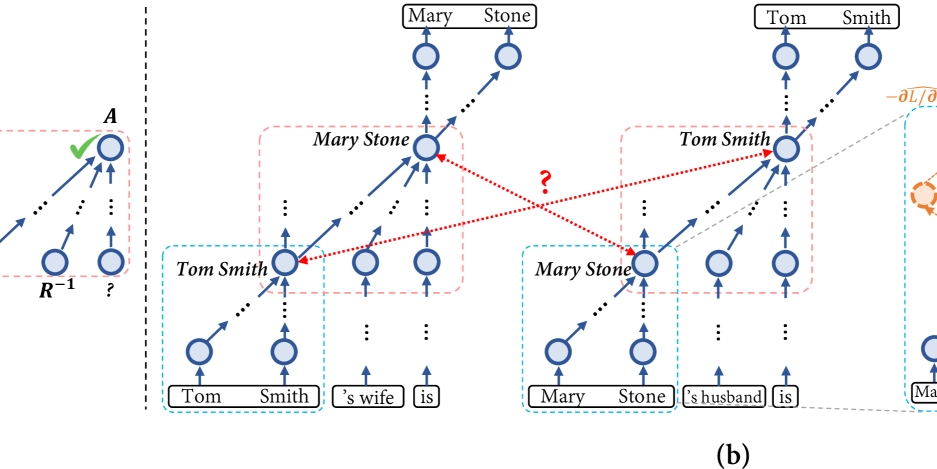

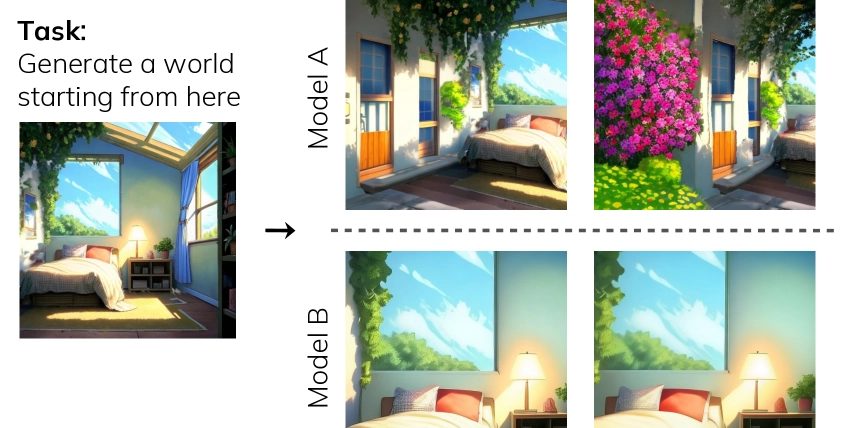
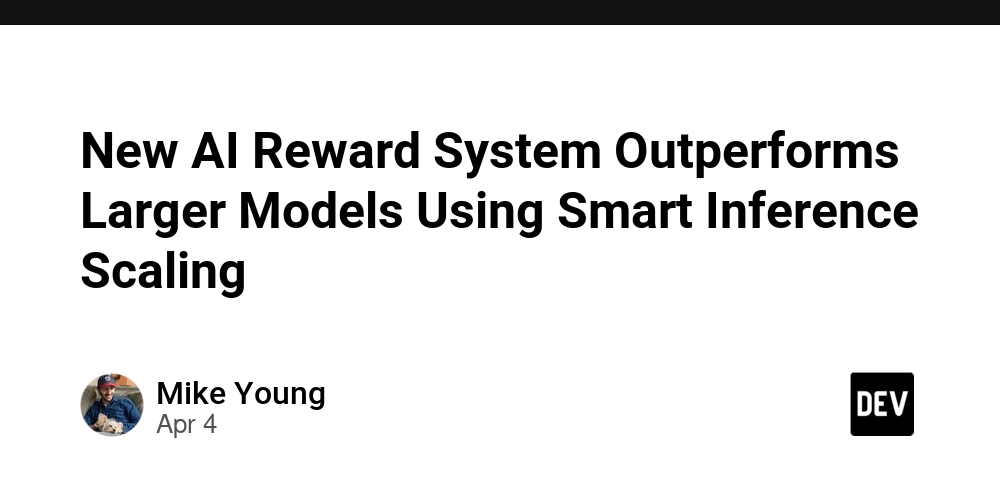


























































































































.jpg?#)



























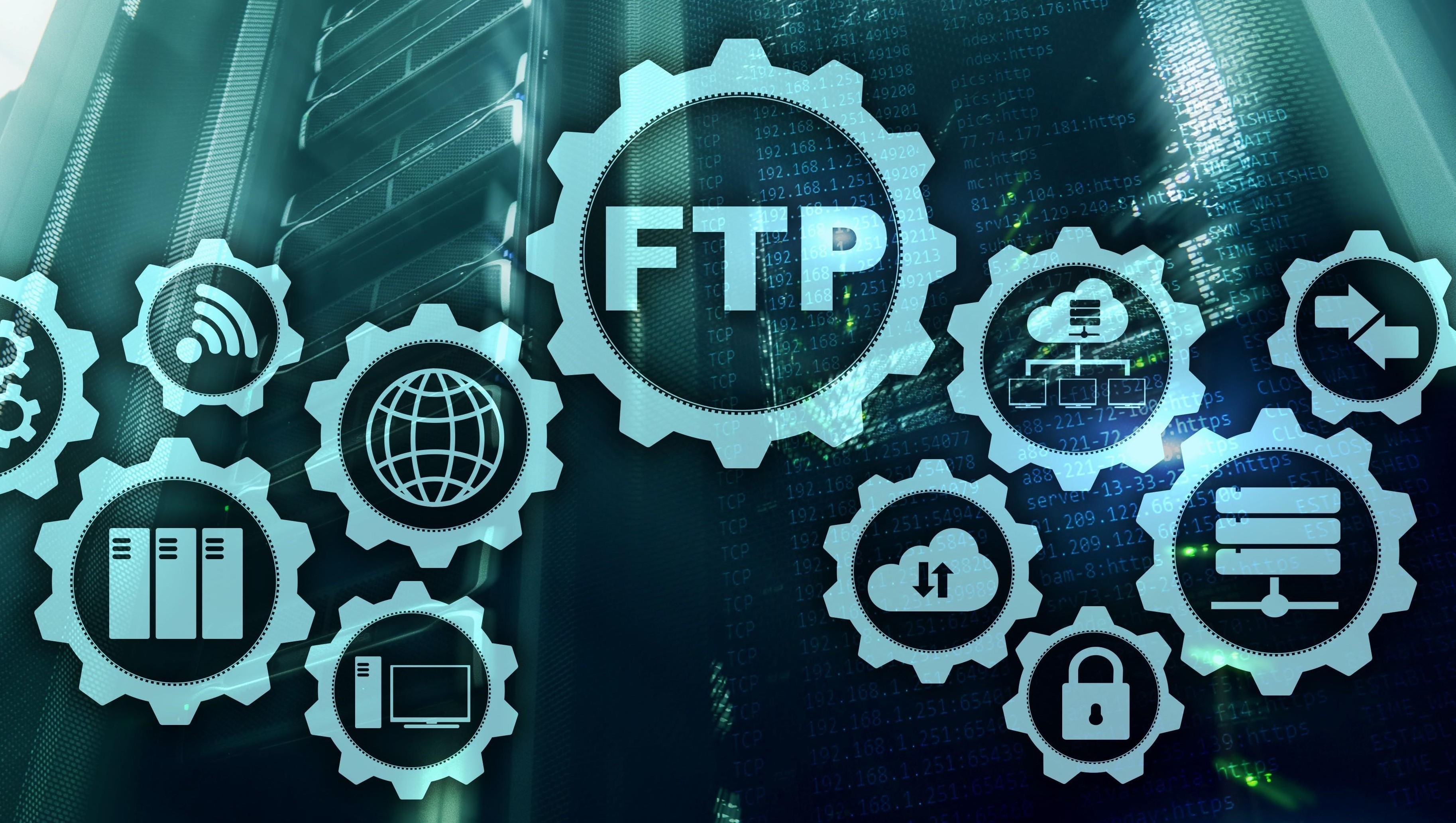



















































































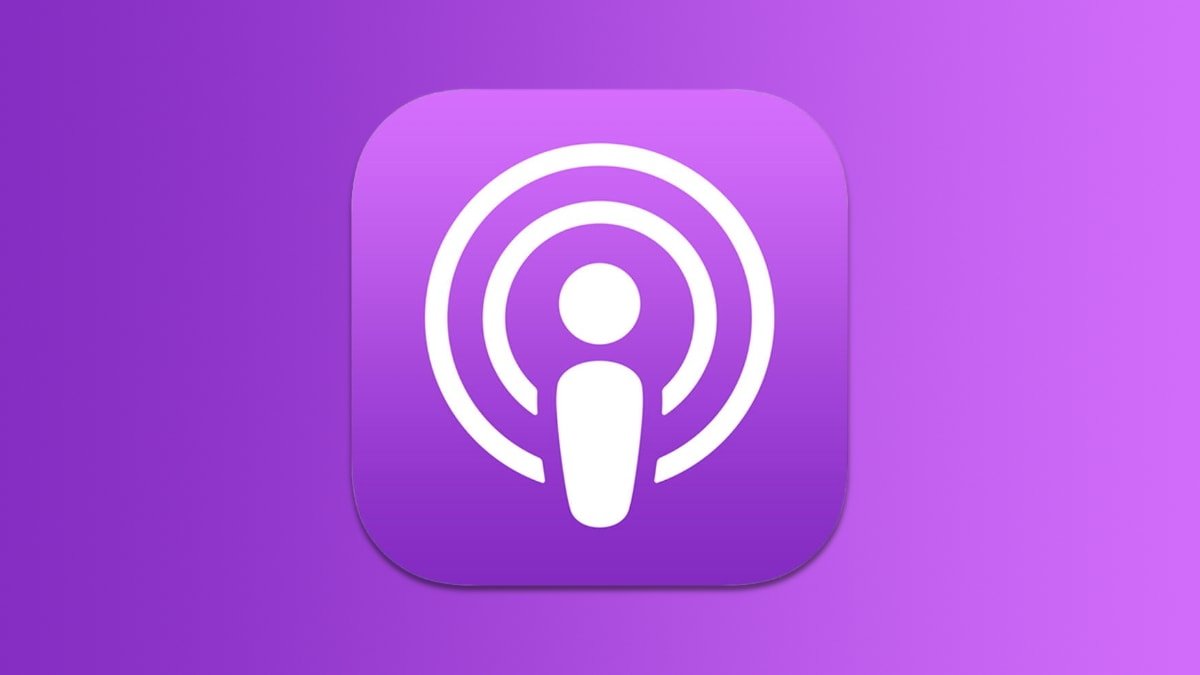

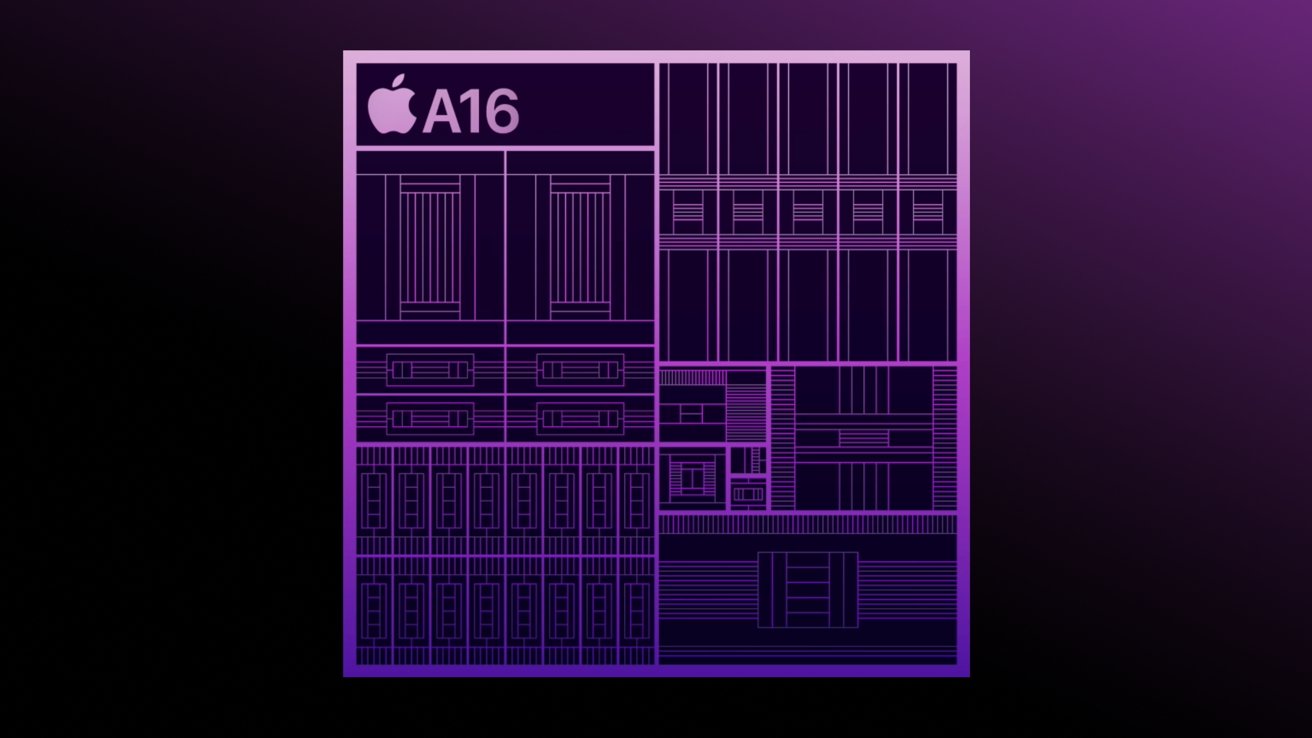
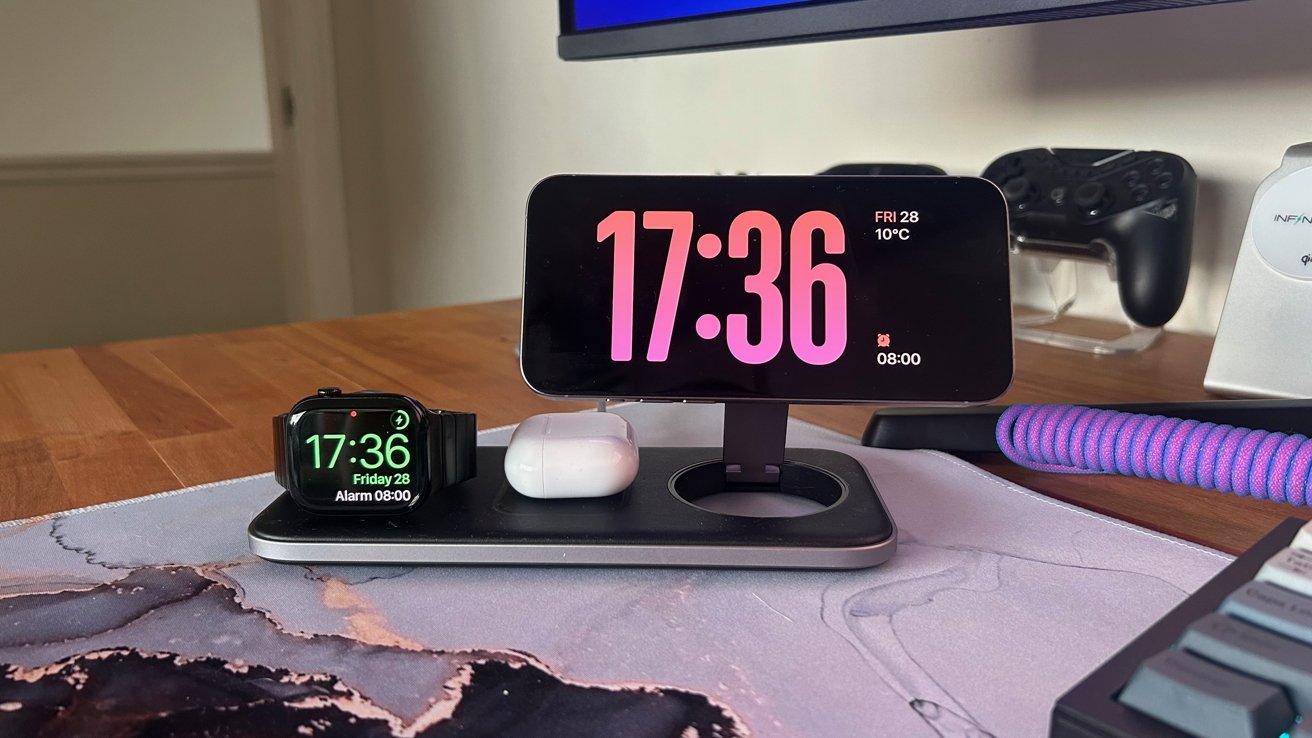




























![YouTube Announces New Creation Tools for Shorts [Video]](https://www.iclarified.com/images/news/96923/96923/96923-640.jpg)

![Apple Faces New Tariffs but Has Options to Soften the Blow [Kuo]](https://www.iclarified.com/images/news/96921/96921/96921-640.jpg)





































